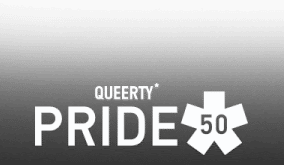
As much as we love a music banger that lays everything out there in the name of sexual liberation, there is something so cool and refreshing about music artists who use their talents to send an important message, such as practicing safe sex.
Even more important is how the idea of safe sex has evolved over time. From the HIV/AIDS epidemic to proper consent and today’s #MeToo movement, feeling safe during one of life’s most intimate moments is important now more than ever.
The following 15 songs prove that point with their timeless, catchy and, at times, critical lyrics underscoring safe sex is the best sex…














































ThatGuy22
Madonna’s song is “Where Life Begins” – not “Where All Life Begins”
inbama
Read what’s spreading in Brazil and wrap it.